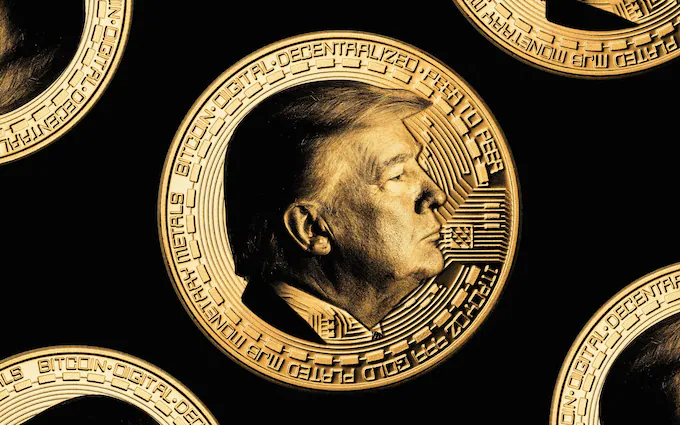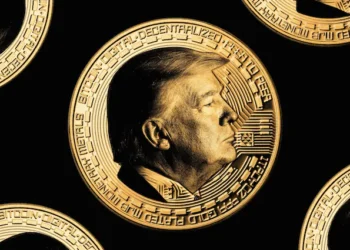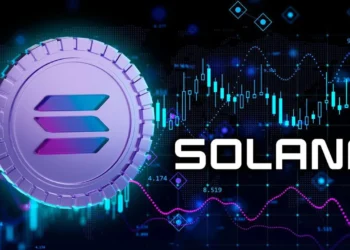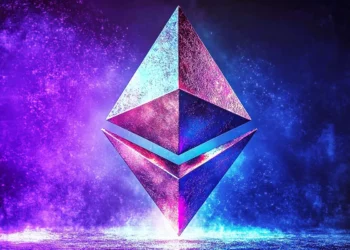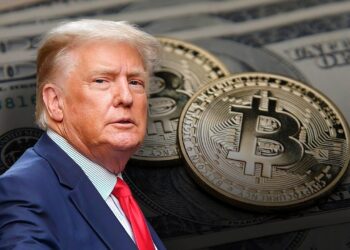NEWSFLASH
How Many Hbar Coins Are There
2 months ago
How Many Ripple Coins Are There
2 months ago
How Many Coins Are There
2 months ago
How Many Bit Coins Are There
2 months ago
How Many Xlm Coins Are There
2 months ago
Next
Prev
NEWS
- Trending
- Comments
- Latest
Learn
Tokenomics
About Us
Categories
https://www.zcrypto.news/ © 2025



